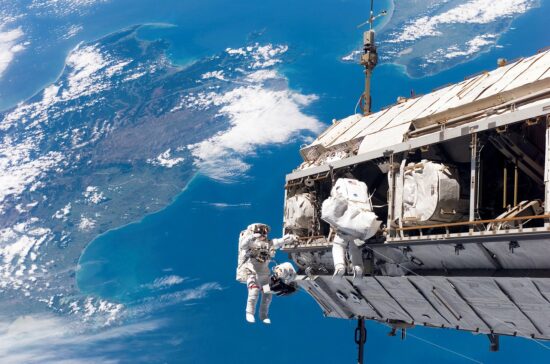Machine learning algorithm to characterize antimicrobial resistance associated with the International Space Station surface microbiome
Antimicrobial Resistance (AMR) has a detrimental impact on human health on Earth and it is equally concerning in other environments such as space due to microgravity, radiation and confinement, especially for long-distance space travel. The International Space Station (ISS) is ideal for investigating microbial diversity and virulence. The shotgun metagenomics data of the ISS generated during the Microbial Tracking – 1 (MT-1) project and resulting metagenome-assembled genomes (MAGs) across three flights in eight different locations during 12 months were used in this study. The objective of this study was to identify the AMR genes associated with whole genomes of 227 cultivable strains, 21 shotgun metagenome sequences, and 24 MAGs retrieved from the ISS environmental samples that were treated with propidium monoazide (PMA; viable microbes).
AMR NEWS
Every two weeks in your inbox
Because there should be one newsletter that brings together all One Health news related to antimicrobial resistance: AMR NEWS!





